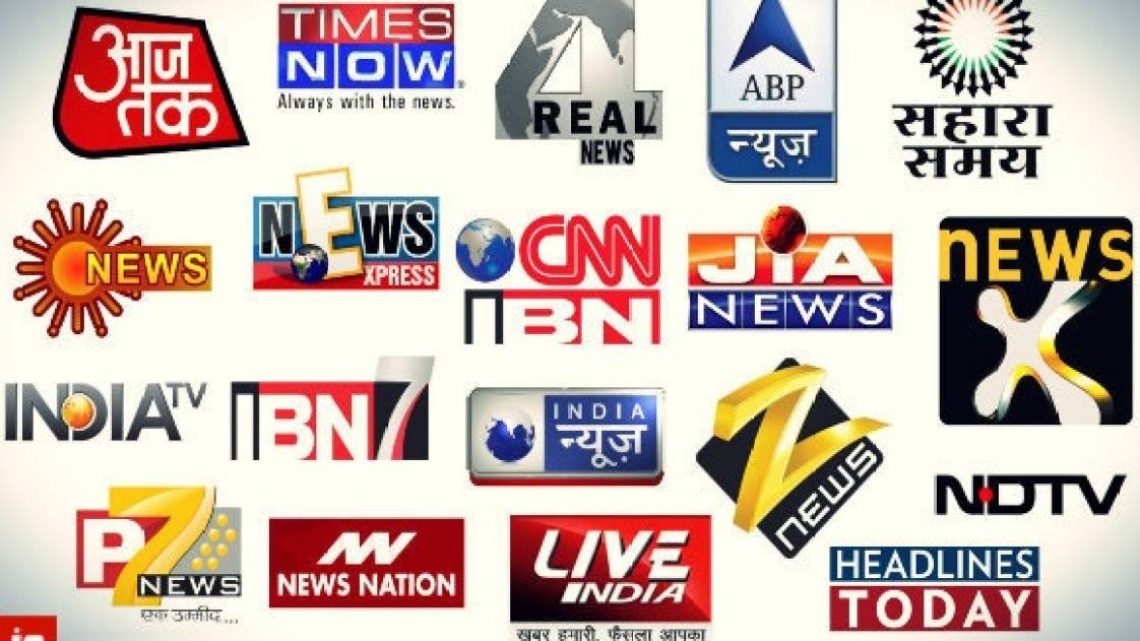
Indian Media: House of Evils and Flaws
June 11, 2024 Off By Sharp MediaIndia, known as the world’s largest democracy, also boasts one of the most extensive media landscapes. However, critics argue that this enormity fails to portray the truth before the public.
Politically, India’s opposition faces significant challenges. The playing field is not level, with mainstream media often accused of serving as government mouthpieces. This perception of media bias raises concerns about the health of India’s democracy.
Smita Sharma, a seasoned journalist, highlights these issues. According to Sharma, the media’s role in a democracy is crucial. When media outlets align too closely with government agendas, they undermine democratic principles by failing to provide unbiased information.
Saurabh Shukla, co-founder of The Red Mike, repeats these sentiments. His independent media outlet has gathered over half a million followers on YouTube. Shukla emphasizes the need for independent journalism in India.
The concentration of media ownership is another concern. When a few corporations control major media outlets, the diversity of viewpoints suffer. This monopolization potentially limits the public’s access to a variety of opinions and critical analysis.
Digital media platforms like The Red Mike offer an alternative despite curbs. They provide spaces where independent voices can thrive, and provide true picture of events. These platforms can play a crucial role, if allowed, in countering mainstream media narratives and promoting transparency.
However, independent media is at stake in India. They frequently struggle with limited resources and governmental pressures. The political tactics make Indian media provide biased reporting which is against the spirit of democratic principles.
The public’s role in this media landscape is equally important. Citizens must seek out diverse news sources and remain critical of the information they consume. Media literacy is, essential in navigating the complex and often biased media environment, quite deficient in India’s case.
To conclude, India’s media landscape is full of evils and flaws. The illusion of choice, driven by media bias and concentration of ownership, threatens the integrity of its democracy. Independent media and an informed public are crucial in maintaining a balanced and fair media environment.

